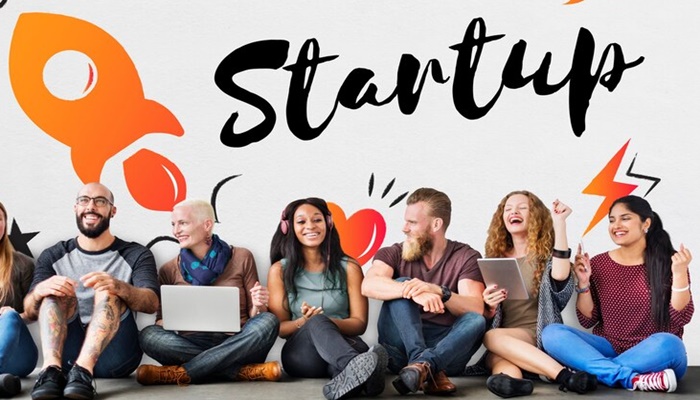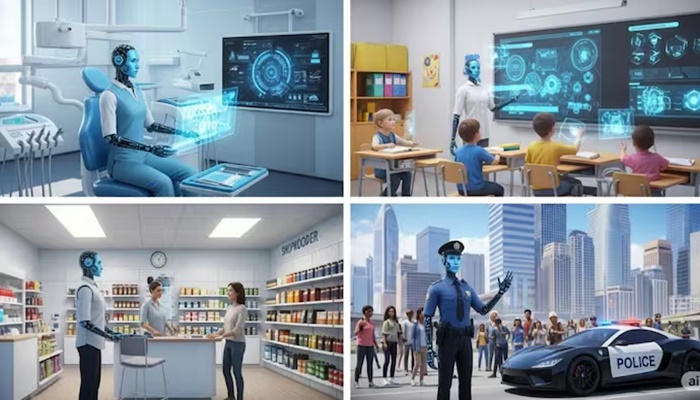Ninety percent of Fortune 500 companies have Employee Resource Groups (ERGs), a number that is increasing and expanding, even in times of inclusion pushback. Employees that are a part of ERGs feel more included and engaged at work. They create safety nets for employees to share their experiences and have community, especially during times of high uncertainty.
In my interview with Brian K. Reaves, executive vice president and chief belonging, equity, and impact officer of UKG, Reaves said, “ERGs are a way to leverage diverse perspectives for innovation, drive business success through improved reputation and retention, and improve employee engagement.”
Reaves leads the company’s global belonging, equity and impact program, expanding existing initiatives while working to strengthen a culture built on trust, fairness and equality, so every employee can thrive in every stage of their career. They have 10 ERGs, with the newest ERG RISE (Rising Innovators Sustaining Excellence).
The new ERG focuses on connecting and bridging generations within the workplace and empowering early-career employees to excel and rise to their potential. Since its inception in October 2024, RISE has 450+ members and is growing, with a vision to build a community that actively fosters and promotes individual development to drive innovation through cross-functional knowledge sharing and career growth.
ERGs are not just nice to have, they are a must-have in business. UKG’s research supports three primary business benefits of ERGs: engagement, retention and innovation.
Engagement
ERGs can significantly increase employee engagement by fostering a culture of trust and inclusivity. According to UKG’s Great Place to Work model, nine high-trust behaviors are universal across generations, based on the feedback from 100 million people globally, including: listening, speaking, thanking, developing, caring, sharing, celebrating, inspiring and hiring. ERGs by definition are a place for candid conversations, where differences are celebrated and embraced. This sense of belonging and trust translates to increased engagement, as employees are more likely to be invested in their work and committed to the company’s success.
Retention
Catalyst recently hosted ERG leaders at enERGize, a virtual employee resource group conference that upskills ERG leaders and drives organizational innovation. One of the speakers shared, “We created a space and environment where people can feel that they’re heard and seen. This allowed our team members to come ahead and share their stories,” Nikolay Valchev, senior vice president of finance lead international operations and global diagnostics at Zoetis.
Humans are built for stories. Sharing your story not only connects you to team members but to the broader organization. People are less likely to leave organizations when they feel connected and cared for. This is a unique opportunity for ERGs to leverage storytelling and community to bolster retention.
Reaves shared that at one of their established ERGs, Nest, which is for caregivers, it is a unique opportunity for first-time parents to have a community of support within the organization. Nest facilitates storytelling and support during critical times in employees’ lives. Communities like the Nest ERG help with retention, especially at a crucial time for many caregivers.
Innovation
Reaves sees ERGs as a proxy for their customer base. The employees involved in ERGs mirror the communities and organizations they hope to serve. They help provide perspectives leaders might otherwise miss and give proactive cues to the unmet needs of the marketplace.
“We recommend that employees join an ERG that they have lived experience in or affinity for, and also join one that’s a stretch or outside their comfort zone. They are going to learn more by trying to be an ally, and build leadership skills. Our executive sponsors often cite they get more out of the ERG than they put in,” Reaves noted. This perspective taking is necessary for innovation and ensuring an organization’s products and services reflect the diversity of its customer base.
Employee Resource Groups (ERGs) are crucial for fostering inclusivity and engagement in the workplace, leading to increased employee satisfaction and retention. These groups also serve as a platform for diverse perspectives, driving innovation and providing valuable insights into the customer base. Companies benefit from ERGs through improved business success, reputation and a stronger sense of community among employees.



















